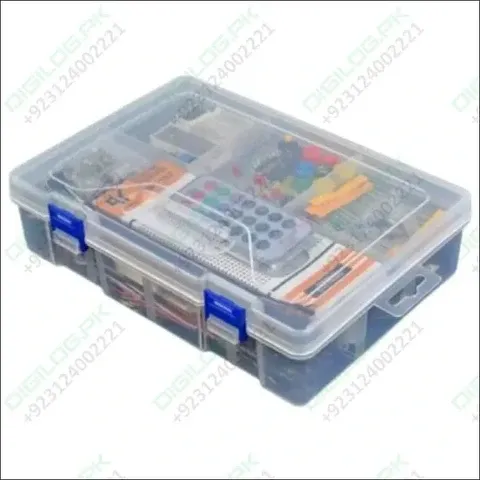Injection Molding Machines
Injection Molding Machines – Types, Working, and Applications
For Hiring A YouTube Expert Click Here
For Hiring A YouTube Expert Click Here
Blog Post Content:
🧰 Introduction
Injection molding machines are the backbone of the plastic manufacturing industry. They are used to create plastic components with high precision and repeatability — from bottle caps to car dashboards.
Whether you are a student, DIY enthusiast, or small business owner, understanding how these machines work is essential.
⚙️ How Injection Molding Works
The process involves four main steps:
-
Melting: Plastic granules are fed into a heated barrel.
-
Injection: The molten plastic is forced into a mold cavity under pressure.
-
Cooling: The plastic part cools and solidifies in the mold.
-
Ejection: The finished product is ejected from the mold and ready for use.
🏭 Types of Injection Molding Machines
-
Hydraulic Injection Machines:
-
Common and powerful.
-
Suitable for large-scale production.
-
-
Electric Injection Machines:
-
Energy-efficient and precise.
-
Best for high-accuracy parts.
-
-
Hybrid Injection Machines:
-
Combines hydraulic power with electric efficiency.
-
-
Manual or Mini Injection Machines:
-
Ideal for small workshops or DIY makers.
-
Affordable and easy to operate.
-
🧩 Applications
-
Automotive parts
-
Electronic casings
-
Medical devices
-
Toys and household products
-
Prototyping and educational purposes
⭐ User Reviews
Hamza Qureshi – Lahore:
“Electric machines are great for clean, silent operation. I use one for small product manufacturing.”
Fatima Noor – Karachi:
“Manual mini machines are perfect for training students and quick testing of plastic parts.”
Bilal Ahmed – Faisalabad:
“Hydraulic machines still rule for heavy-duty production — reliable and durable.”
💬 Comments
Have any experience with injection molding?
Share your thoughts, questions, or setup tips below — your feedback helps others learn and improve.
✅ Conclusion
Injection molding machines are versatile tools that shape the modern plastic industry. From large factories to DIY workshops, these machines make production faster, cheaper, and more precise. Understanding their types and working can help you choose the right one for your needs.






Comments
Post a Comment